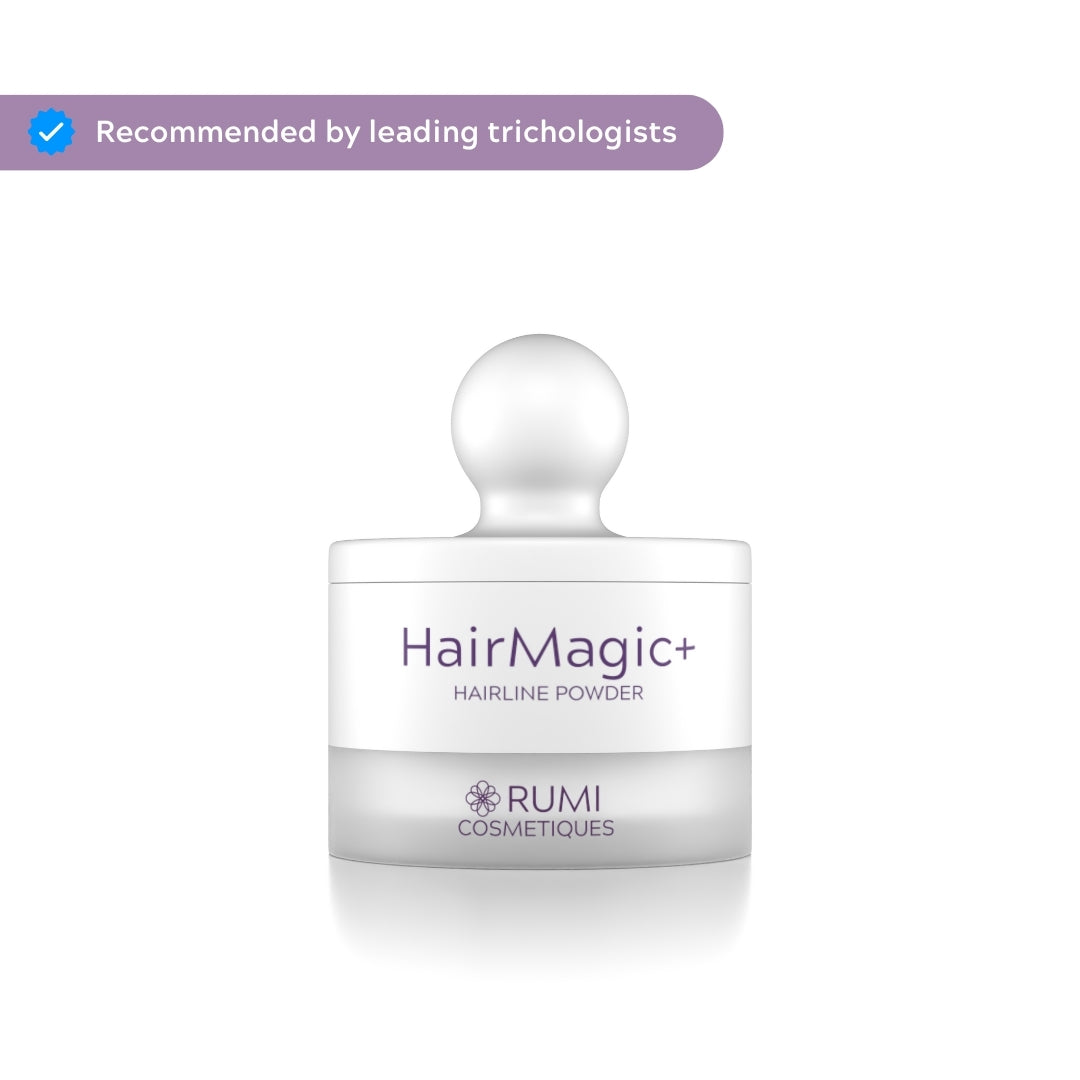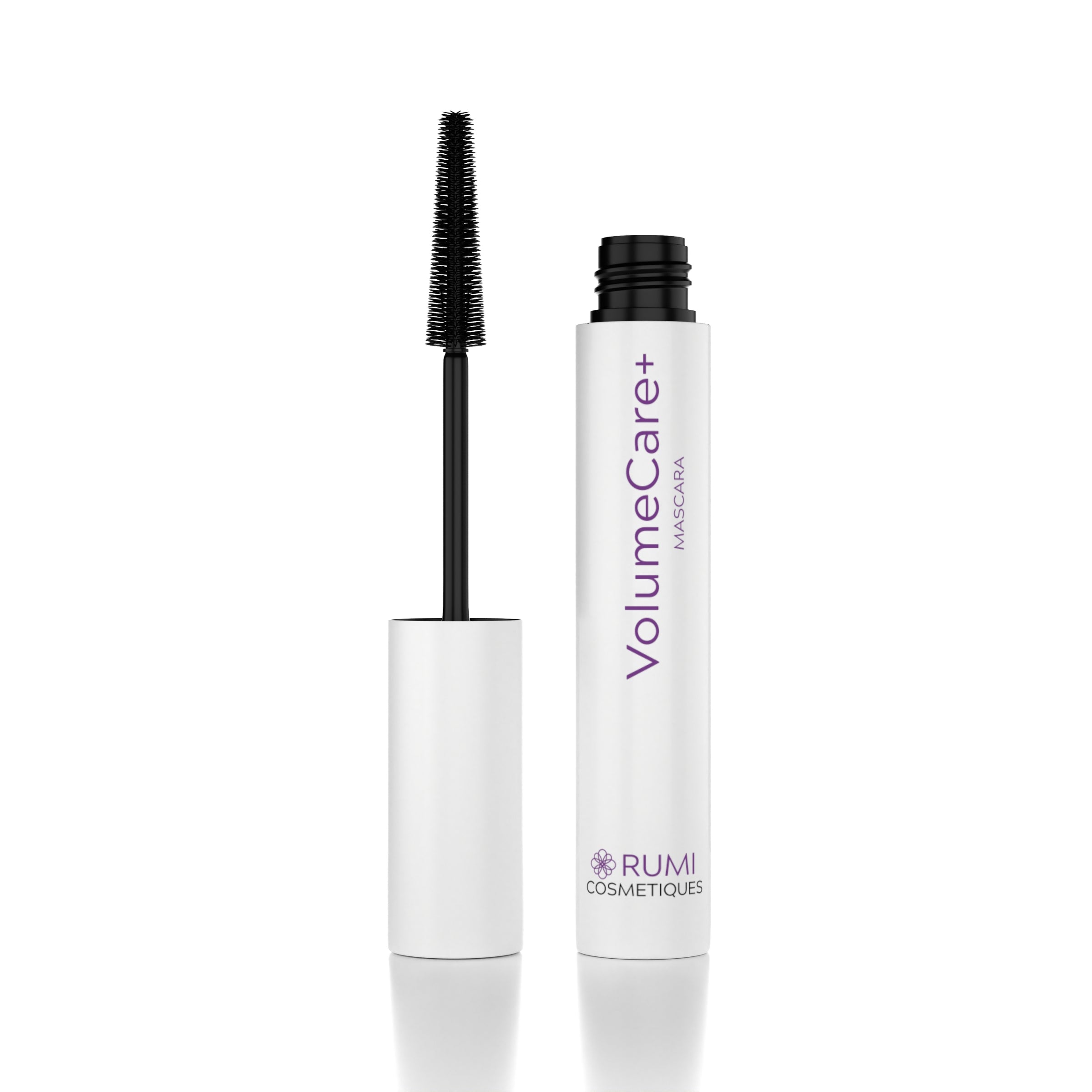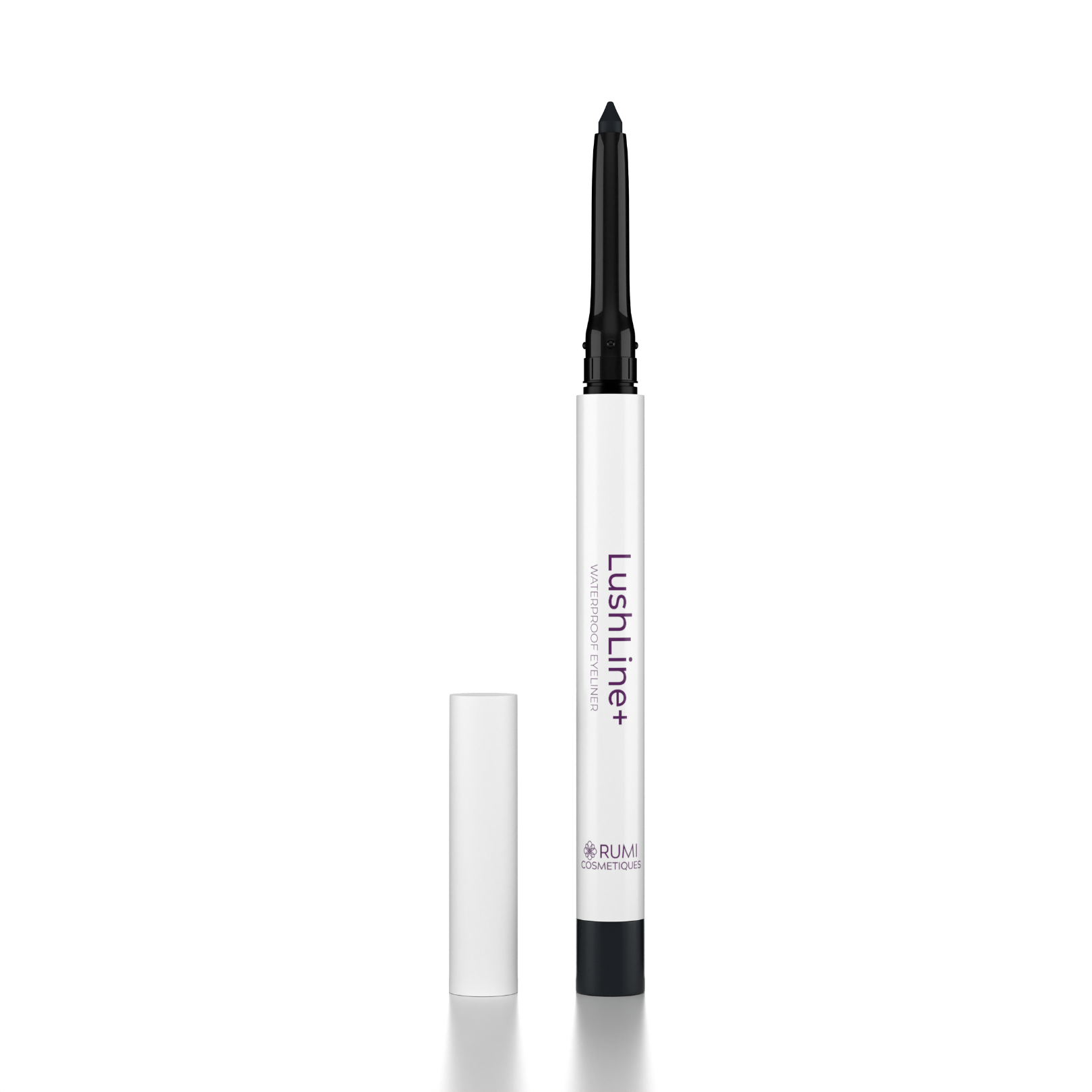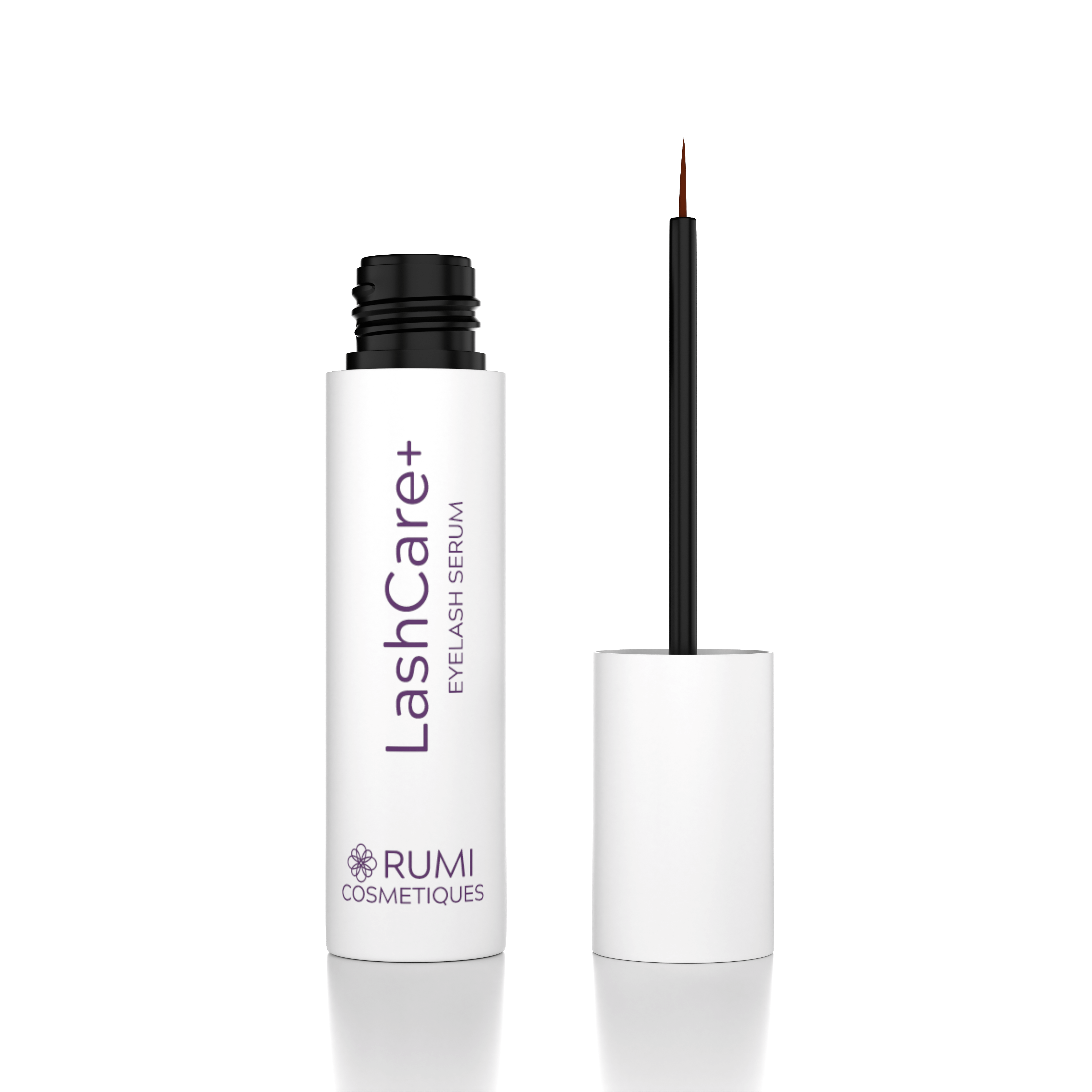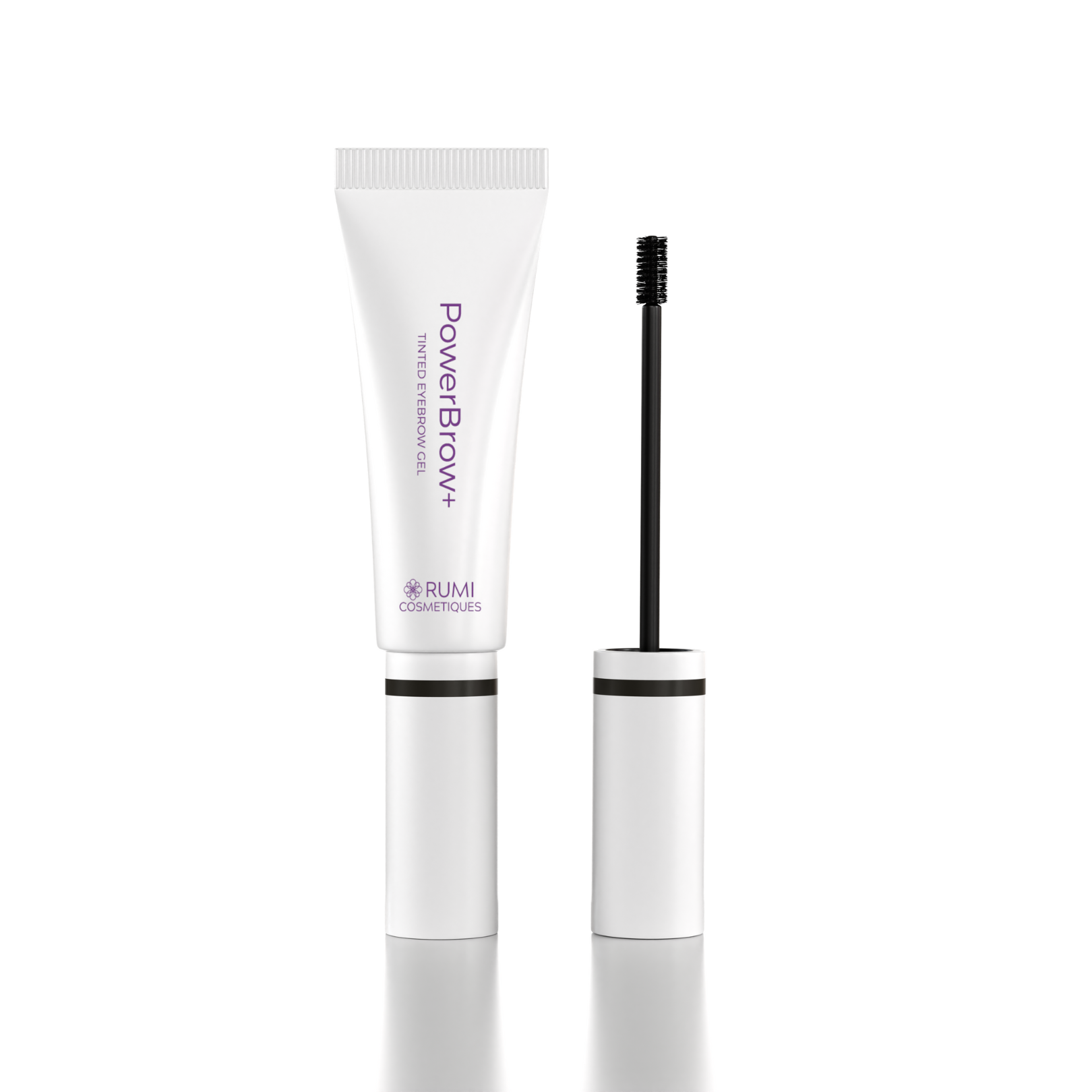When it comes to vitamins and supplements, especially, when you're in your 50's, 60's or beyond, we strongly suggest thinking of your diet first. And we're no doctors.
Nonetheless, some supplements may be surprisingly beneficial for women in their autumn years. Studies show that ageing is associated with increased risk for low vitamin consumption.
In the United States, total energy intake decreases substantially with age by 600 kcal–800 kcal in women in the seventh decade. Lower food intake among the elderly has been associated with lower intakes of calcium, iron, zinc, B vitamins, and vitamin E.
Researchers have confirmed that 50% of older adults have a vitamin and mineral intake less than the recommended daily intake (RDI), while 10%–30% have subnormal levels of vitamins and minerals.
We have created a list of 6 best vitamins for women in their 50's and beyond:
1. VITAMIN K2 FOR HEALTHY ARTERIES!
Vitamin K is a group of vitamins that the body needs for blood clotting, helping wounds to heal (K1).
There's also some evidence vitamin K may help keep bones healthy (K2).
We usually obtain vitamin K1 from different plants, such as broccoli, lettuce, cauliflower and other greens.
Surprisingly, less than 10 percent of our vitamin K intake is in the form of this wonderful vitamin K2. You can easily obtain vitamin K2 from liver, egg yolk, meats and fermented foods such as cheese and yoghurt.
Bones and arteries, however, prefer the vitamin K2. It not only activates proteins that are in charge of the calcium transportation away from the arteries, but also activates proteins which bind calcium.
K2 protects you from osteoporosis as well as helps to guard your arteries against unwanted calcification of the artery walls.
Although our tissues are capable of converting some vitamin K1 to vitamin K2, our liver hoards vitamin K1 when it is in short supply. Thus a supplement is a great idea for people in later life.
2. VITAMIN D FOR STRONGER IMMUNITY, BONES & THE BEST MOOD!
In foods and dietary supplements, vitamin D has two main forms, D2 and D3.
Vitamin D obtained from sun exposure, foods, and supplements is biologically inert and must undergo two hydroxylations in the body for activation. Basically two complex processes that occur in the liver and kidney to form an active vitamin.
Vitamin D promotes calcium absorption in the gut and maintains adequate serum calcium and phosphate concentrations to enable normal bone mineralization and to prevent illnesses that could lead to cramps and spasms.
Among postmenopausal women and older men, many clinical trials have shown that supplements of both vitamin D and calcium result in small increases in bone mineral density throughout the skeleton.
Vitamin D also has other roles in the body, including reduction of inflammation as well as modulation of such processes as cell growth, neuromuscular and immune function, and glucose metabolism.
An easy blood test will show if there is any need for D vitamin supplement in your life. Always speak to your doctor first!
3. SEA BUCKTHORN OIL AND YOU CAN WAVE DRYNESS GOODBYE!
It's rich in a wide range of omega-oils including the relatively rare omega-7s which moisturise the hair and skin and reduce dryness.
Supplements help in relieving dry eyes, redness and burning. Actually, its main use is in overcoming female intimate dryness which may occur after menopause.
4. TURMERIC TO CALM ALL THAT FIRE!
Turmeric is widely used in Ayurvedic medicine for improving many of the niggling aches and pains that come with age. It also helps to support liver function and immunity.
Tumeric's active ingredient is curcumin, an antioxidant that stimulates liver metabolism and bile production to lower cholesterol levels and improve digestion.
Turmeric also blocks the production of inflammatory chemicals to reduce muscle and joint pains.
Supplements are absorbed best if they provide turmeric in a water-soluble nanomicelle form or combined with a black pepper extract called piperine.
5. LOW ON ENERGY? UBIQUINOL MIGHT BE YOUR ANSWER!
Ubiquinol is a form of coenzyme Q10 – a vitamin-like substance that is needed to process oxygen and generate energy in the cells, especially heart muscle cells.
Coenzyme Q10 supplements are available in two main forms: an active, reduced form called ubiquinol, and a ‘spent’, oxidised form known as ubiquinone. Before it can act, ubiquinone must be converted into ubiquinol and, as you get older, this conversion becomes less efficient.
Ubiquinol is therefore considered the better form for those over the age of 50. Ubiquinol is especially helpful if you feel lacking in energy, and if you are taking a statin drug which blocks the production of both cholesterol and coenzyme Q10 in the body.
Cells that are lacking in coenzyme Q10 don’t function as well, and deficiency has been linked with heart failure and with statin-related muscle aches and pains.
6. IRON LADY, YOU STILL GOT IT!
Iron is a mineral that our bodies need for many functions. For example, iron is part of hemoglobin, a protein which carries oxygen from our lungs throughout our bodies. It helps our muscles store and use oxygen. Iron is also part of many other proteins and enzymes.
But too much also isn't good!
Dietitian Whitney English, MS, RDN says: "You should also make sure your multivitamin isn't too high in iron, as women's iron needs decrease after menopause, and excess iron can cause oxidative stress and digestive discomfort.
All in all, we strongly believe that we should take care of our diet first and only then talk to our doctors for possible vitamin supplement use!
Stay healthy!
P.S.Our BrowCare+ Serum also contains active vitamins that promote fuller & healthier-looking eyebrows. In addition, while staying consistent with the eyebrow serum, get that natural, classy eyebrow look with InstantBrow+ 3-in-1 Eyebrow Pencil!





















































